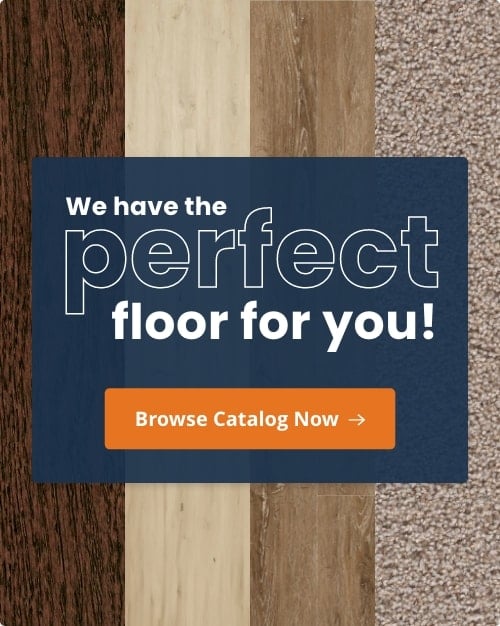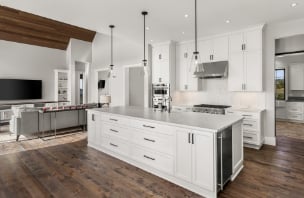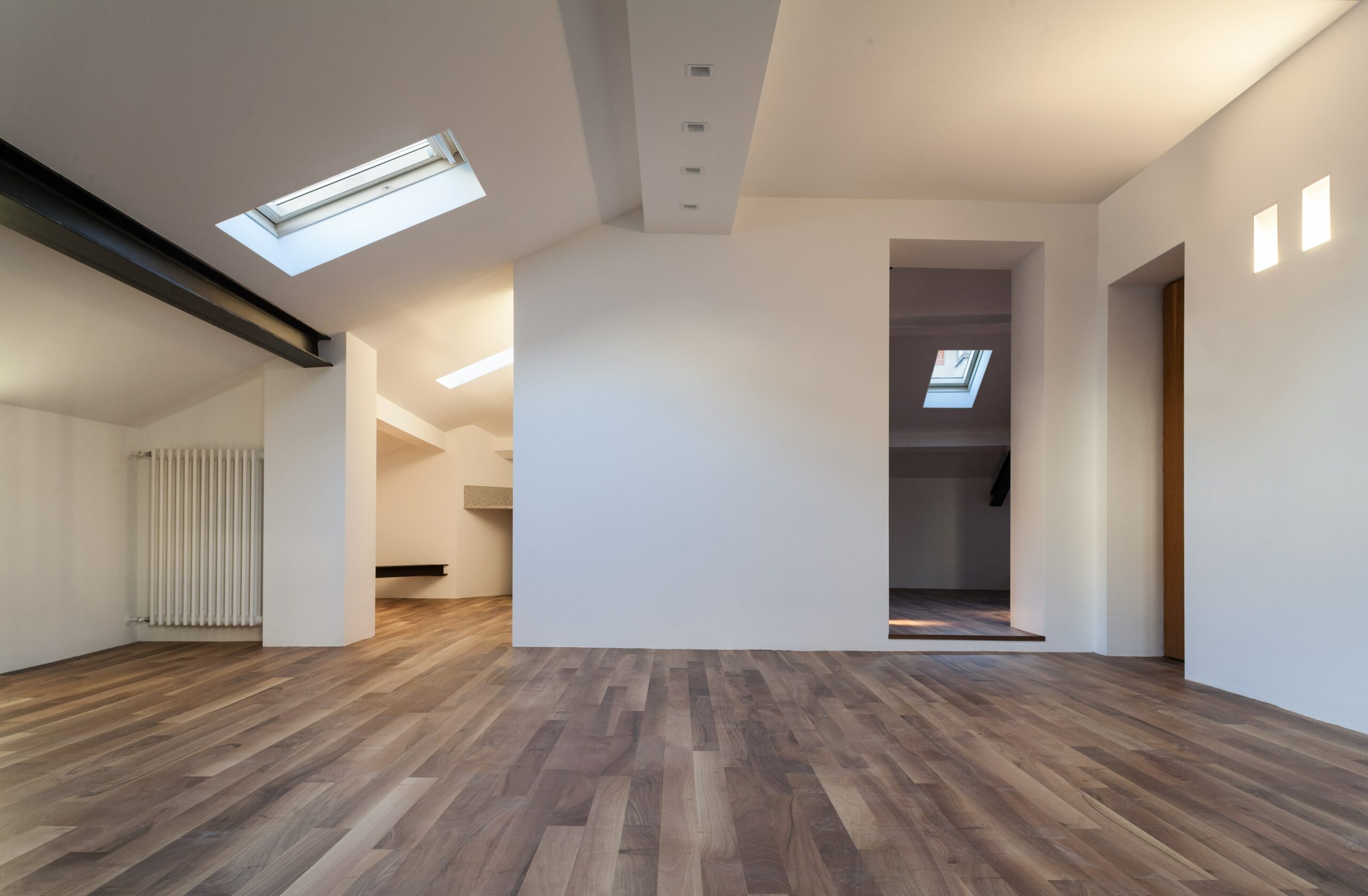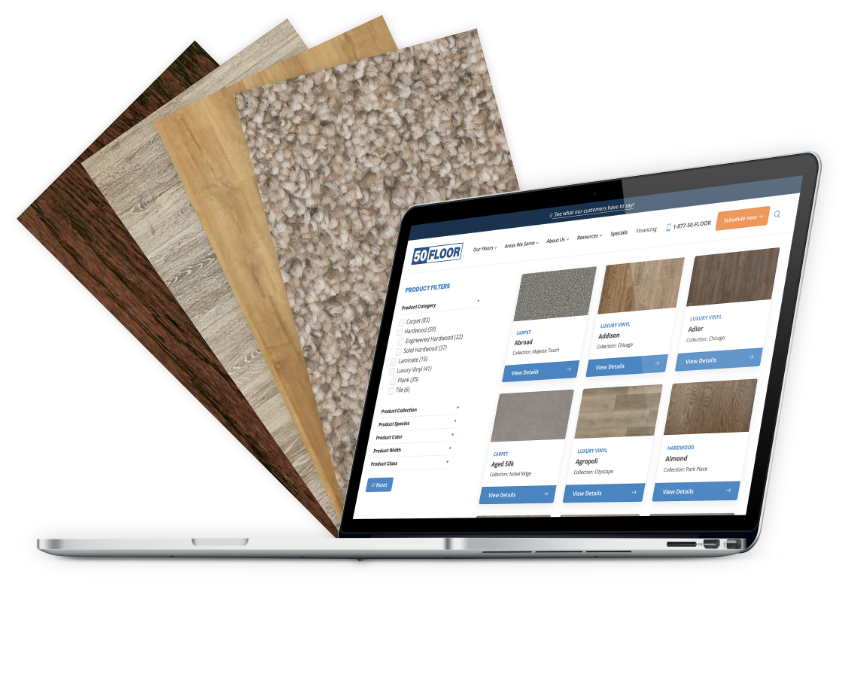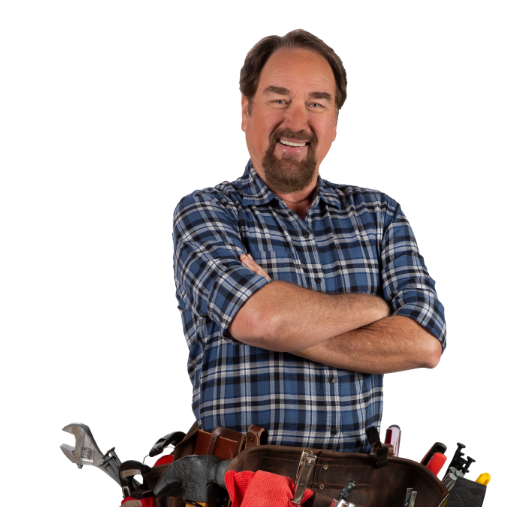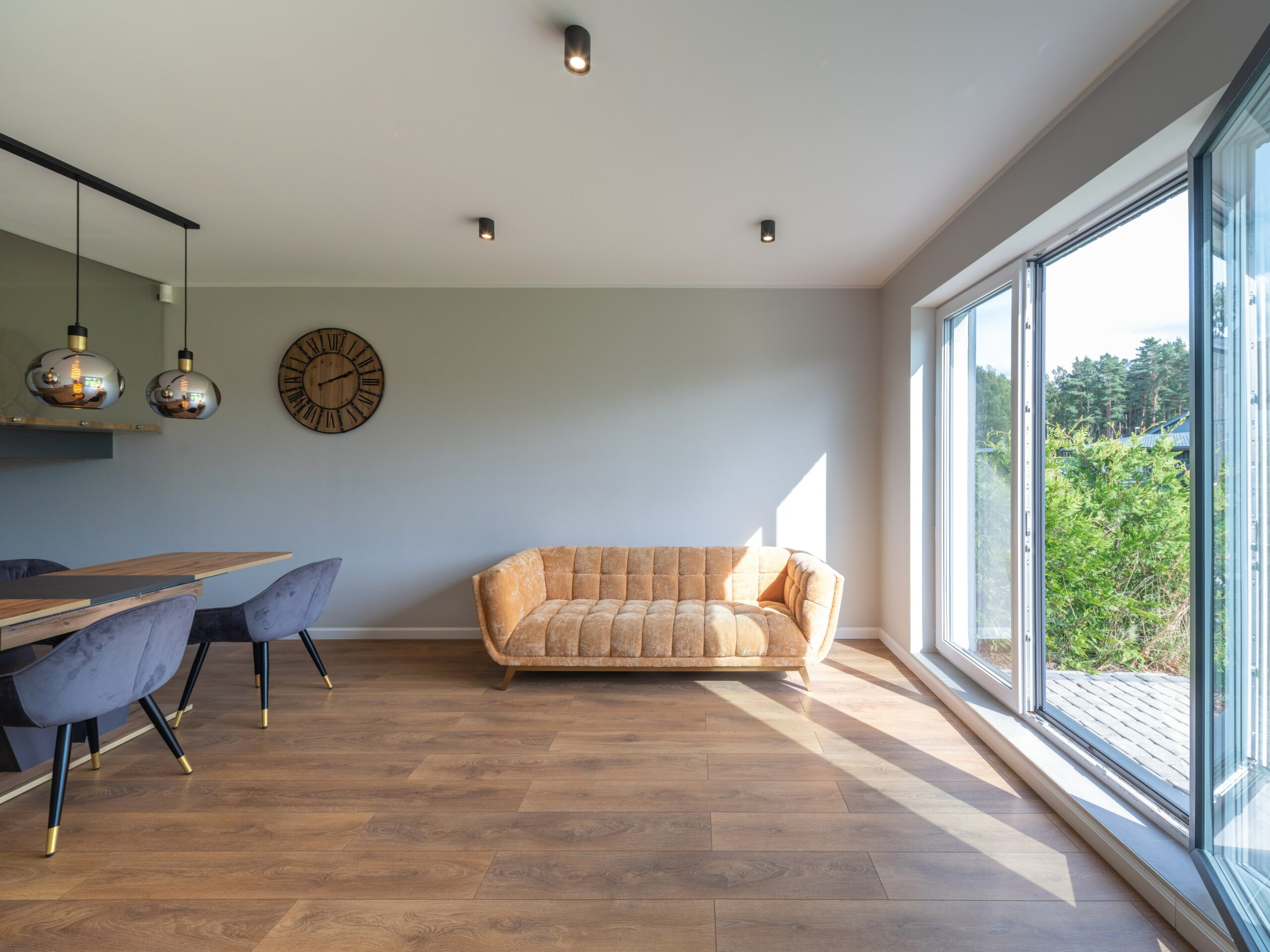You’re on a mission to find the best engineered hardwood for kitchens. The right flooring can transform a space, and kitchens get a lot of use.
With so many options, it can feel overwhelming. But don’t worry, this guide will help you find the right one.
We’ll cover why engineered hardwood is great for kitchens, what makes certain types stand out, and what to consider when choosing.


What are the Best Engineered Hardwood for Kitchens?
When choosing the best engineered hardwood for kitchens, you want something that’s stylish but durable and moisture-resistant.
Here are some of the top options:
- Oak Engineered Hardwood: Known for its strength and classic appearance, oak is a popular choice. White oak is great for kitchens due to its water resistance and hardness.
- Maple Engineered Hardwood: Maple has a smooth grain and a light color, making it a versatile choice for many kitchen styles. It’s also durable and handles high-traffic areas well.
- Hickory Engineered Hardwood: Hickory is one of the most durable types of engineered hardwood. Its varied grain pattern adds character to any kitchen floor.
- Walnut Engineered Hardwood: While it’s slightly softer than oak or hickory, its deep color can hide wear and tear effectively
- Acacia Engineered Hardwood: A more exotic choice with unique grain patterns and rich tones. It’s durable and can handle the daily activity of a kitchen.
- Water-Resistant Engineered Hardwood: Many brands now offer water-resistant engineered hardwood, which is specifically designed to handle the moisture and spills that are common in kitchens. Look for flooring labeled as “water-resistant” or “waterproof” for extra protection.
Head over to your local flooring store such as 50Floor. We offer some samples that you can look at so you can decide on the best engineered hardwood floor for your kitchen.


Check out our service areas below.
Alabama
Florida
Georgia
North Carolina
Ohio
South Carolina
Tennessee
Texas
Virginia


GET INSPIRED
Flooring to MATCH YOUR STYLE
Consider Thickness, Too
The thicker the layer is, the more durable your floors will be. Think about foot traffic, kids, and pets deciding how thick you want for your kitchen floor.
| Wear Layer Thickness | Durability & Lifespan | Refinishing Potential |
|---|---|---|
| Less than 2mm | Best for low-traffic areas like bedrooms | Generally not recommended for refinishing |
| 2mm – 4mm | Ideal for moderate traffic areas like living rooms and kitchens | Can be refinished 1-2 times |
| 4mm or greater | Most durable, suitable for high-traffic areas and frequent refinishing | Can typically be refinished multiple times (3+ times depending on thickness) |
The wear layer’s thickness can affect the overall lifespan of your engineered hardwood floors. Go for a wear layer that strikes a balance between your budget and anticipated wear and tear. Remember: a thicker wear layer usually means a higher price tag. Consider your kitchen usage and the longevity you need when deciding on a specific product.


Finish Options: From Classic to Cutting-Edge
Once you’ve settled on the perfect wood, the next step is deciding on a finish.
The finish is a vital component that protects your hardwood flooring from everyday wear:
- Aluminum Oxide: Known for incredible scratch resistance.
- Polyurethane: A go-to finish offering excellent moisture resistance. It can either amplify the wood’s color (oil-based) or maintain its natural hues (water-based).
- Hardwax Oil: This is an oil and wax emulsion, made of natural ingredients, which cures to create a durable yet beautiful surface that can enhance the grain and color of the wood, rather than cover it up. It doesn’t have the plastic look that urethane finishes tend to have.
- UV-Cured: This finish gets exposed to ultraviolet light during production, making it extra tough and ideal for areas that receive lots of sunlight. This option helps prevent color fading over time and makes those engineered floors less susceptible to UV damage.
Your choice here directly impacts the appearance and durability of your flooring. You can talk to our flooring specialist to see samples firsthand – we can help you decide what best goes with your preferences and needs.


Is Engineered Hardwood Actually a Good Choice for Kitchens?
Yes!
Engineered hardwood can handle spills, splashes, and even leaks. It offers the visual appeal of natural wood and the resilience needed for moisture-prone areas. Engineered wood flooring offers several advantages, making them perfect for places like kitchens.
How?
It all boils down to its construction: a layer of real hardwood veneer sits on top of a core. Engineered hardwood planks use a core made from layers of plywood, fiberboard, or hardwood.
These layers are cross-grained and pressed together using intense heat and pressure. This structure mirrors the look and feel of solid wood but more dimensionally stable – meaning it’s less susceptible to expanding, contracting, or warping with moisture fluctuations.


Reasons to Choose Engineered Hardwood for Your Kitchen
- Engineered hardwood is built to last, even in high-traffic kitchens.
- The core construction of engineered hardwood makes it more resistant to moisture compared to solid hardwood.
- You’ll find options ranging from traditional oak and maple to more exotic species.
- Cleaning is easy (sweep and mop).



